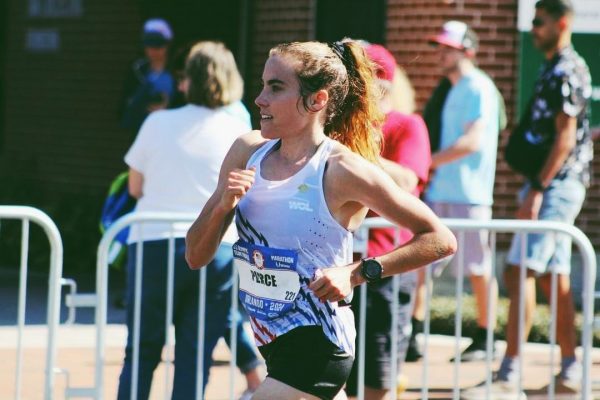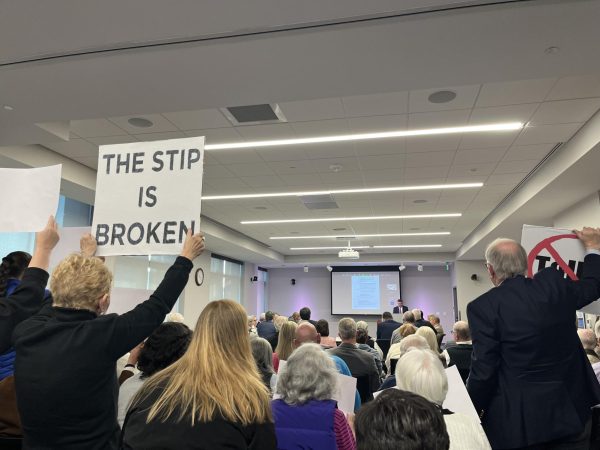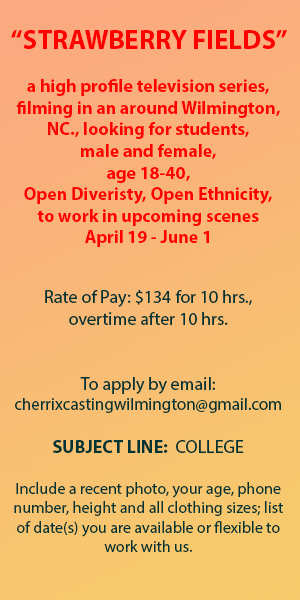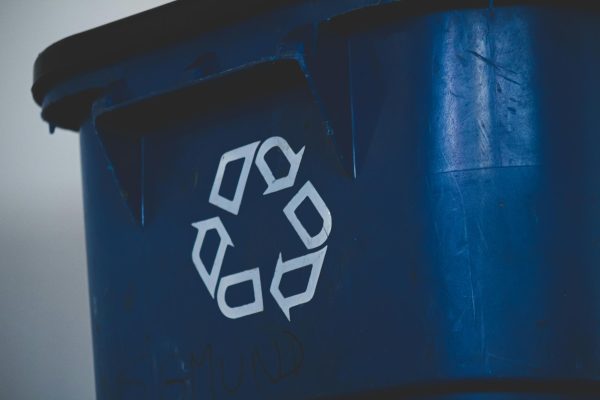Bikes of Reckless Optimism urges students to partake in social enterprise
February 25, 2016
Bikes of Reckless Optimism, a company created by a Duke University graduate in response to the need for transportation for residents of a refugee community in Kampala, Uganda where she worked, launches its Indiegogo campaign Feb. 29 and urges students to get involved.
The inspiration for Bikes ORO goes back to when company founder Chelsea Koglmeier was living in Uganda and working on a microfinance project.
“I was at school at Duke at the time, living in a refugee community outside Kampala, Uganda,” said Koglmeier. “The abject power of access to the bicycle was overwhelming and compelling. I felt like I saw it everywhere. That’s where I first dreamed of building a socially conscious bike company, but I didn’t understand how to make that dream a reality.”
Koglmeier than tabled the idea. She thought someone else would do it, but no one did or has since she originally thought of the idea for the company.
“For years, it sat at the back of my mind while I finished college,” said Koglmeier. “[I] spent time researching child malnutrition in Bolivia; helping to found a non-profit for Hispanic micro entrepreneurs in Durham, NC; spending some serious energy competing the triathlon world; then, joining the tech space, working for a technology accelerator, and then joining the founding team of an amazing road travel app, called Roadtrippers.”
After all of this work with other organizations and companies, Koglmeier decided to resurface the idea of ORO.
She realized no one had taken this idea on and “couldn’t stop thinking and dreaming about what it could be.”
“There are reasons this hasn’t been done,” said Koglmeier. “The raw cost of producing and shipping bikes is higher than I anticipated.”
A bike is a higher ticket purchase than many other socially conscious products, according to Koglmeier, but, as the name of the company may imply, she is plowing forward with ‘reckless optimism’ because she feels as though these bikes should exist.
“The more we build ORO, the more we become aware of the discrepancy in the bicycle industry that markets towards the super enthusiast versus your average [person],” said Koglmeier. “In my opinion, bikes are a life enhancement for everyone in so many ways. There is no negative to getting yourself on a bike. The challenge stems from inside the [bicycle] industry itself, but we can fix it. Bike shops are intimidating and overwhelming – [society is] overcomplicating the simple story of the bicycle with too many technical details. It doesn’t need to be that hard of a decision. You need quality, utility and a bike suited to your riding.”
The company is going to simplify that entire story, according to Koglmeier. By reducing decision variables, bringing the bikes to the customer, creating supportive environments to get people riding bicycles, and helping spread the power of the bicycle to people in need around the world, Koglmeier believes her company is successfully fulfilling its aims.
However, Koglmeier does not want people to think of her company as a non-profit.
“Bikes ORO is a company versus a non-profit,” said Koglmeier. “The only reason I’m differentiating here is because it’s actually a core piece of why I’m doing what I’m doing. We built a company because we wanted to create a sustainable flow of money to get bikes to people in need.”
Koglmeier explained that a for-profit company with a double bottom line has the ability to make their own products to provide to those in need by generating their own revenue. And, for Koglmeier, that is the end goal.
“I always think about what a wonderful world we could live in if every business had a double bottom line,” said Koglmeier about her company’s structure.
But even with a title of company rather than non-profit, Koglmeier encourages students to join as an ambassador.
“There’s lots of reasons to get involved in social enterprise,” said Koglmeier. “You [students] are going to build the world we live in in 20 years, so engaging the concepts or making intentional decisions around social consumerism is huge. Simply put, the higher we can push the demand for these companies, the more our world can supply.”
And with the Indiegogo campaign launching within the coming week, Koglmeier is wondering if simple, low maintenance, belt-driven bikes that directly support a donation to someone in need resonate.
“We’re about to see [if the company resonates with society],” said Koglmeier, “but we can turn that into more of an answer than a question by continuing to grow the societal support for companies with double bottom lines.”














